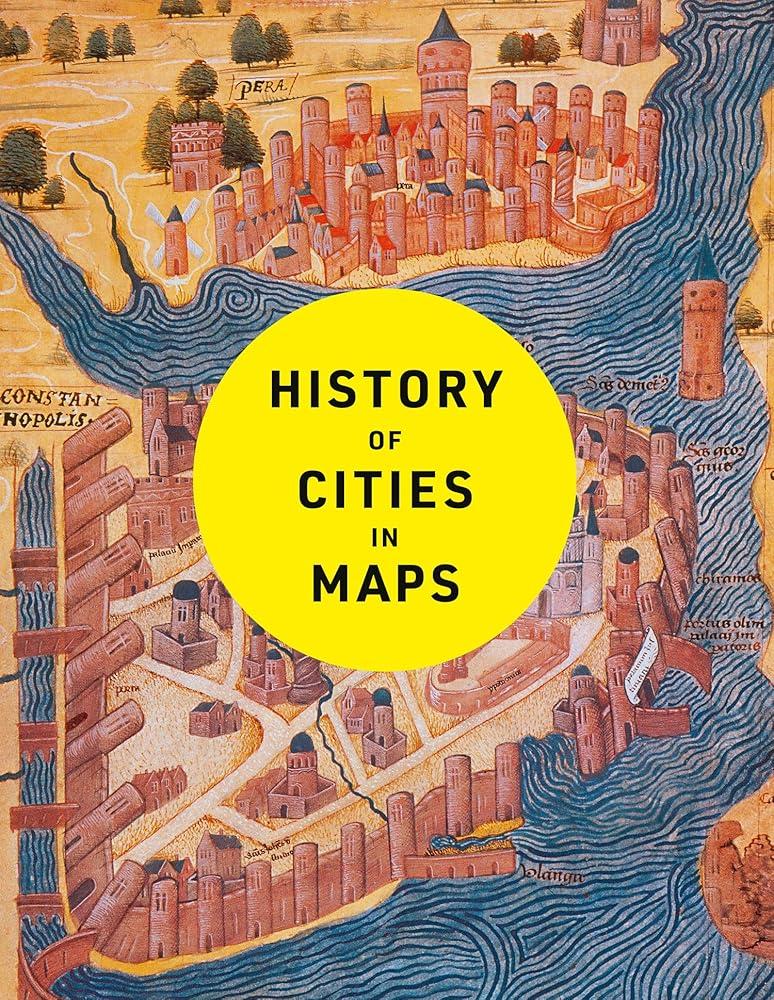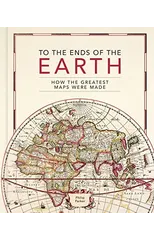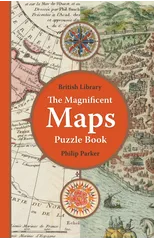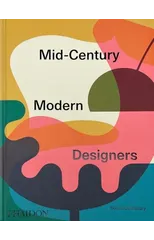History of Cities in Maps
The Ultimate Visual Exploration of Human Civilisation Through 70 Captivating Historical Maps
(Autor) Philip ParkerThe city: a concept nearly as old as history itself, it is a paradox of human innovation and intervention, order and conflict. From ancient civilizations to modern-day metropolises, maps have played a crucial role in urban progress. This book explores the development of cities through more than 70 captivating maps. Each map in this beautifully designed volume gives a unique visual representation of and historical context to the city it surveys. Spanning more than 9,000 years, this book expertly curates more than 70 historical maps which tell the fascinating story of human civilization: from cities founded on sacred places, ideas and power, to early examples of town planning and later innovations such as skyscrapers and urban transport. Featuring maps of renowned capital cities as well as lesser-known urban areas, including: Mohenjo-Daro, c. 2500 BC Babylon, c. 600 BC Rome, c. 210 AD Baghdad, 762 AD Constantinople, 1422 Tenochtitlan, 1524 Dublin, 1610 Kyoto, 1626 New Amsterdam, 1660 Edinburgh, 1780 Adelaide, 1838 Lagos, 1885 Los Angeles, 1908 Brasilia, 1957 Chongqing, 2016 Dubai, 2020 An ideal book for map and history lovers. For more in this series try History of World Trade in Maps (9780008409296) and History of War in Maps(9780008506490).
Philip Parker
Philip Parker is a British author known for his expertise in writing non-fiction books across a wide range of subjects. His most notable works include "The World at War," "History of Britain in Maps," and "The Empire Stops Here: A Journey Along the Frontiers of the Roman Empire." Parker's writing style is characterized by thorough research, clear and engaging prose, and a knack for presenting complex information in a digestible format. His contributions to literature include shedding light on historical events and cultures in an accessible and compelling manner. Parker's impact on the non-fiction genre is evident in his ability to educate and entertain readers while maintaining a high standard of scholarship. His most famous work, "The Empire Stops Here," has been praised for its meticulous research and vivid storytelling, solidifying Parker's reputation as a masterful non-fiction writer.





